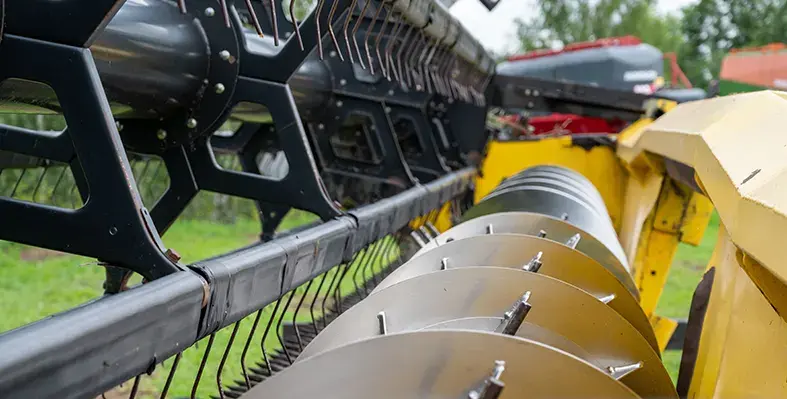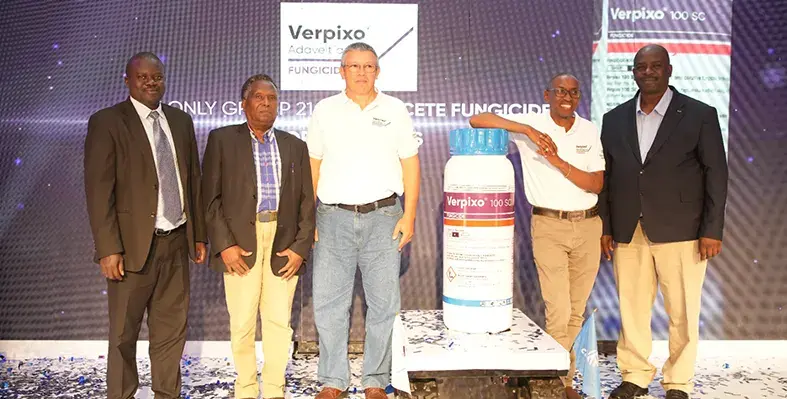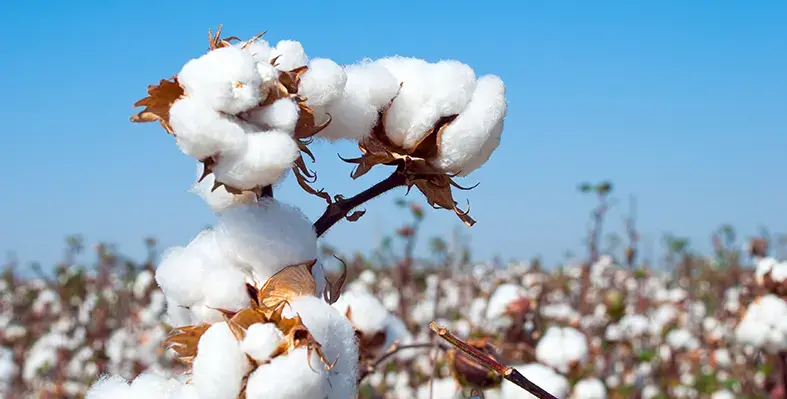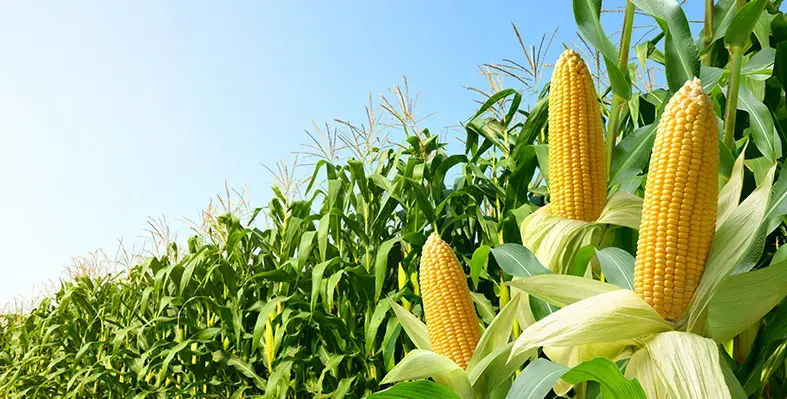The Italian agricultural machinery market is showing clear signs of recovery in 2025, driven by rising tractor registrations, renewed farmer confidence and strong public incentives supporting farm mechanisation and innovation.
After several years of contraction, the latest figures suggest the sector is regaining momentum.
Data compiled by FederUnacoma using Ministry of Transport statistics show that tractor registrations climbed to 17,573 units in 2025, marking a 13.7% increase compared with the previous year. This rebound follows a difficult 2024, when registrations fell to a historic low of 15,450 units after three consecutive years of decline.
According to the Federation of Agricultural Machinery Manufacturers, recent sales trends have been largely negative, with the notable exception of 2021, when post-pandemic recovery pushed registrations to a peak of 24,387 units. Forecasts for 2025 initially appeared uncertain, as the first half of the year lagged behind previous performance. However, demand strengthened significantly in the second half, particularly in the final quarter, allowing the market to close the year with positive growth.
Several machinery segments recorded impressive gains. Tractors with loading platforms, commonly known as transporters, posted the strongest performance, rising by 45.7% to 771 units. Telehandlers also saw robust growth, increasing by 18.2% to 1,216 units. Trailer registrations grew more modestly, up just over 4% to 7,812 units.
The only segment still under pressure was combine harvesters. Despite some recovery towards the end of the year, registrations fell by 12%, with just 234 units recorded, reflecting ongoing challenges in high-capital investment machinery.
“Our sector has been impacted in recent years by economic uncertainty, rising list prices caused by rising production costs, and the investment capacity of farms, which have long been experiencing declining profitability,” comments FederUnacoma President Mariateresa Maschio. “But significant support has come from government incentives, including the Innovation Fund entrusted to ISMEA, the ISI INAIL call for high-safety machinery, the 4.0 tax credit and the 5.0 incentives, as well as the PSR (Rural Development Plans), the rural development plans co-financed by the European Union and the Regions. These represent a multi-year instrument and therefore a constant reference in the process of farm innovation”.
Looking ahead, industry leaders remain cautiously optimistic. “The refinancing of incentives for 2026 announced by Minister Francesco Lollobrigida in mid-December,” added Simona Rapastella, Director General of FederUnacoma, “could be crucial to supporting the market's recovery. We will assess this throughout the year, not only with regard to registered vehicles but also to construction machinery, equipment, and components”.
“In November we will have the major EIMA International exhibition,” concludes Simona Rapastella, “which represents a formidable opportunity to monitor the market and understand the demand for new technologies”.









